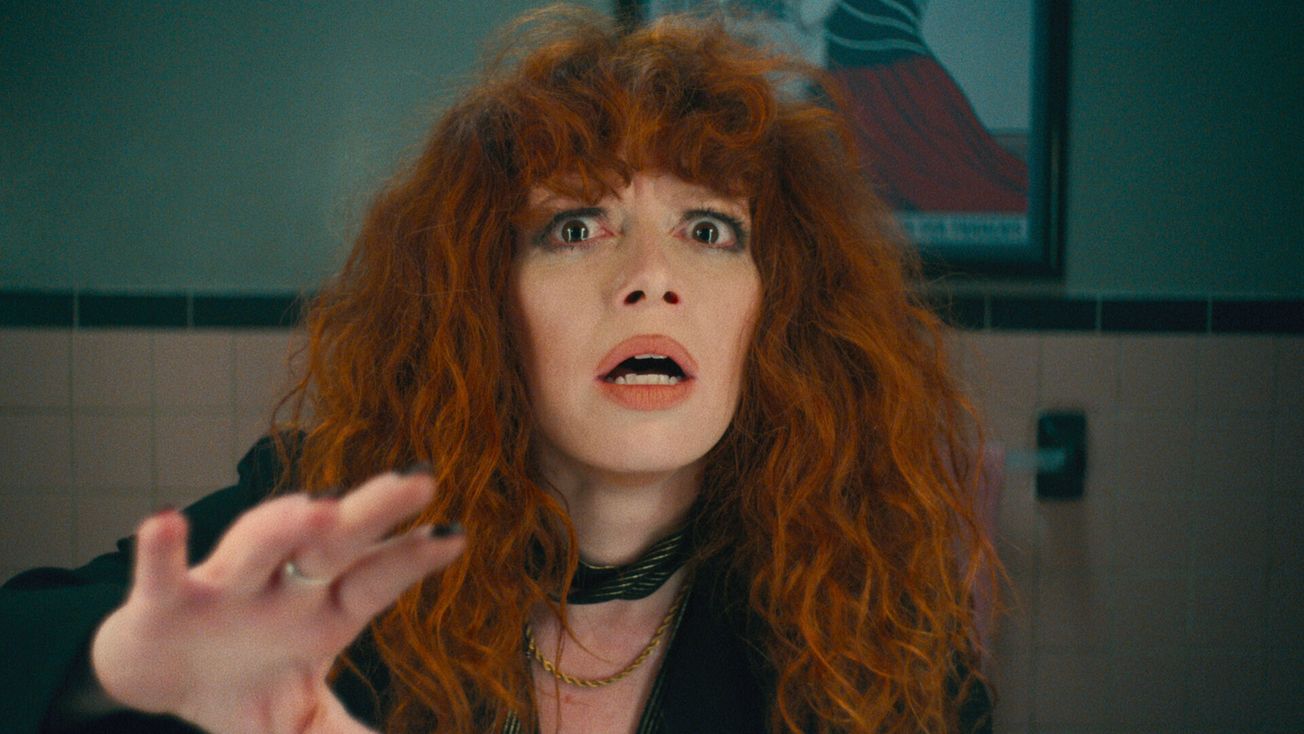By Amelia Jacob, First Year, English Literature
‘Ask yourself this, are you happy?’ Nadia (Natasha Lyonne) questions Alan (Charlie Barnett) in the first few minutes of Russian Doll’s second season premiere. ‘Yeah, I’m fine.’ he replies flatly. ‘I just — I think this is what life feels like.’
With the pair finally escaping the constant threat of death that plagued them in the first season, season two picks up almost four years after these events- just before Nadia’s 40th birthday- Russian Doll’s thematic focus has largely shifted from just trying to stay alive. Instead, the show expands its world, focusing on the (arguably more complicated) task of trying to feel alive.
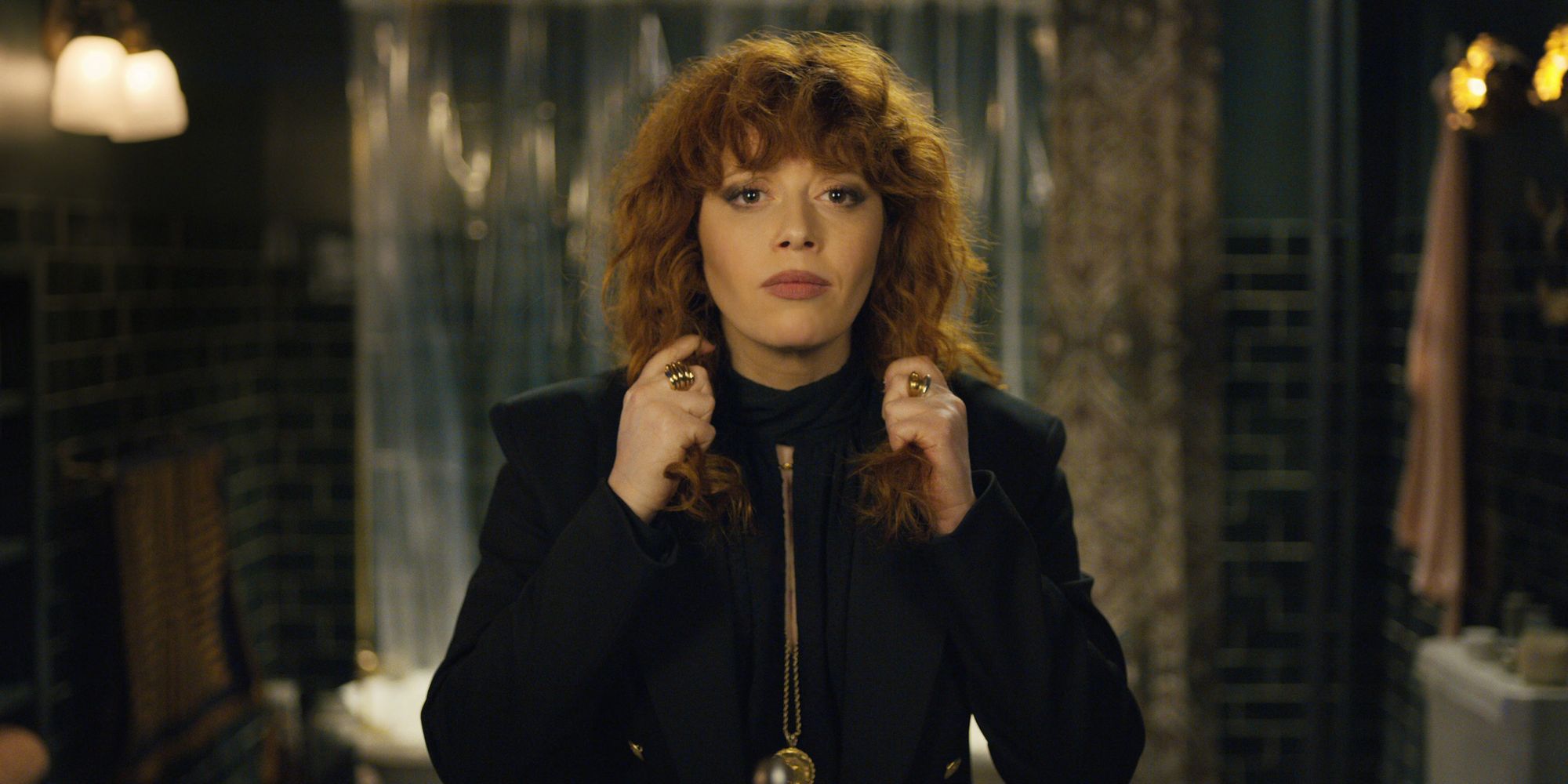
This approach spans seven episodes of winding narrative and suitably dark one-liners, as Nadia and, to a lesser extent, Alan now contend with the forces of time travel whilst untangling the complex threads of their heritage to thrive in their new lives.
As a result of this, Nadia is taken back to Budapest in 1944, set on investigating the loss of her family's gold during the Second World War. The reverberating effects of this mystery in her present-day also tie her to several other events on the way – it is Russian Doll, after all. In the meantime, Alan attempts to find himself, bored of the minutiae of his daily life after travelling to Berlin amid the Cold War.
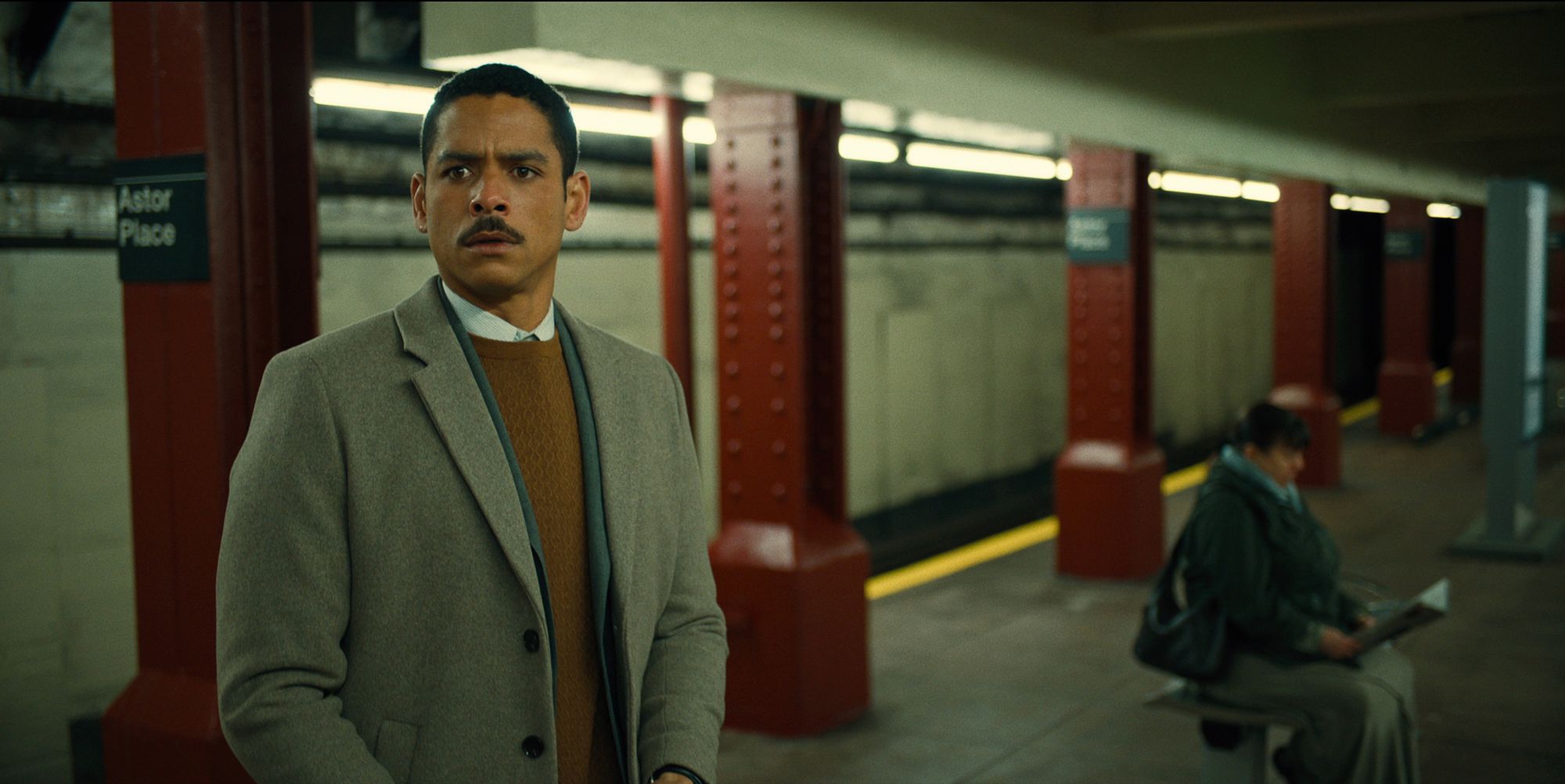
I’m hesitant to give further plot details. Spoiling the twists and turns of the show would ruin the experience, although I will say that the second season certainly doesn’t disappoint. Russian Doll’s evolution from an intricate dissection of Groundhog Day time loops to a modern American gothic feels very natural whilst retaining the subversive humour and intelligence that characterised season one.
The deep dive into Nadia’s Jewish heritage adds further dimension and gravity to her character and successfully avoids turning her into the wise-cracking, worldly New York stereotype she was at risk of becoming with lousy writing. However, she is still inherently superstitious and perhaps still haunted by the previous season's events, with the audience learning from Alan that she has insisted on spending her last three birthdays with him to make sure nothing untoward happens.
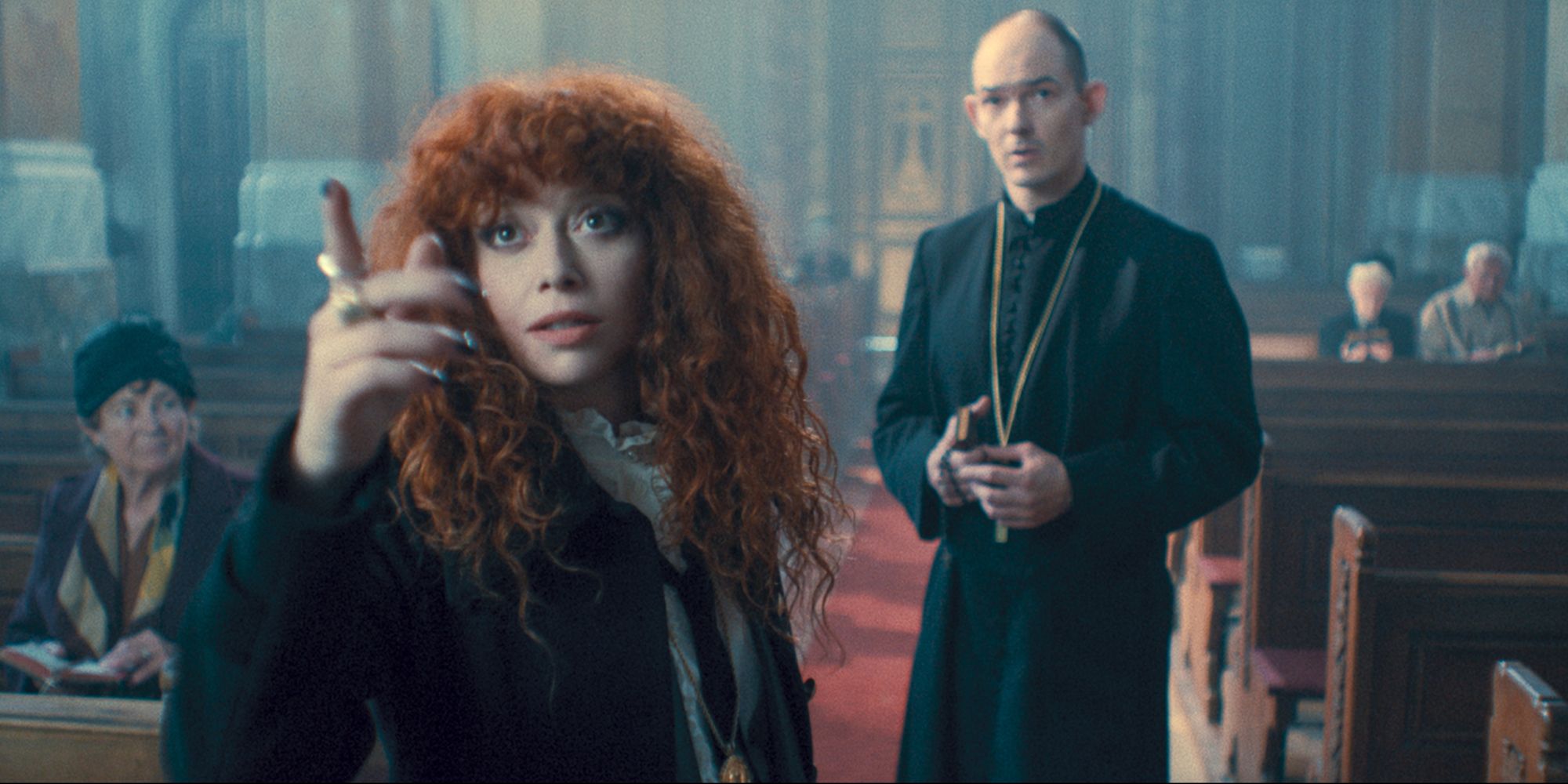
Lyonne’s portrayal of Nadia is once again brilliant, as is the performance of Chloe Sevigny, who picks up her role as Nadia’s mother, Nora. Her character is given necessary context, leading to some of the season's most poignant moments. I only wish that the creators (Leslye Headland, Amy Poehler and Lyonne herself) had extended the same gesture to Alan’s character this season and spent more time diving into his self-discovery.
The calmer counterpart of Nadia had a more poignant arc last season compared to her manic interactions, yet in this season, he is sidelined, relegated in favour of Nadia’s story. As a result, he doesn’t really achieve anything significant; his anchor to Nadia seems more superficial and less benefitting to the plot.
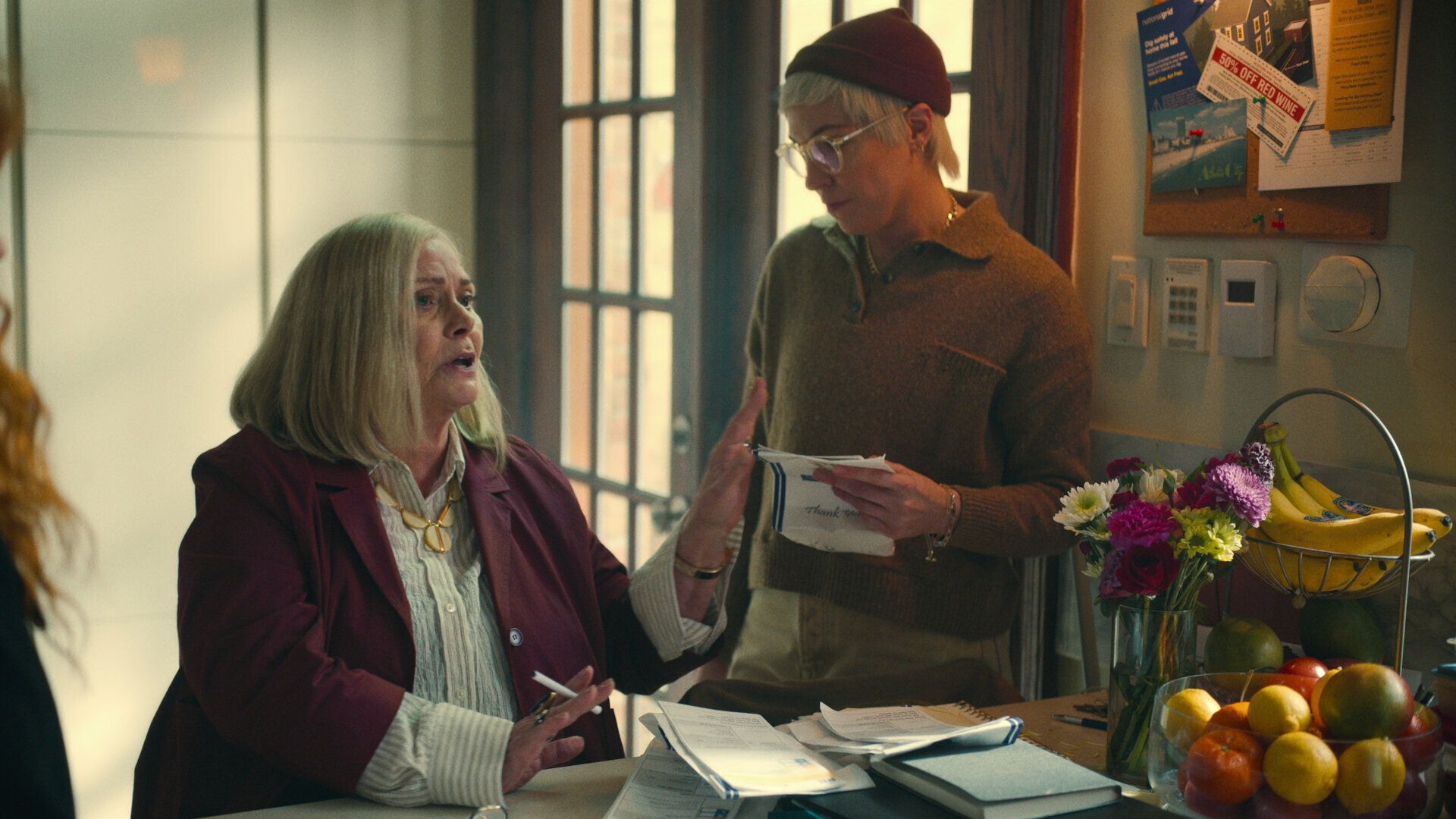
Regardless, Russian Doll has succeeded again in showcasing the dingy beauty of New York and the dark history that underscores its modern culture. There is a running theme of introspection, cleverly playing into the titular matryoshka dolls of the show.
This is subtly highlighted through the cinematography, with shifting shots of uncanny mirror reflections, the rush of trains passing each other in the New York subway and symmetrical close-ups. These filming techniques contribute to the eerie, slightly-not-right feeling that the show profits from, emphasising the absurdity of Nadia’s world.
The second season of Russian Doll takes a more exciting direction, building on the tightly woven narrative of season one. It feels more sophisticated in theme and superior to other shows that try to utilise these conventions. And yes, they did manage to throw in a Nadia “cocker-roach” for the Russian Doll bingo card.
Featured Image: IMDB
What did you think of Russian Doll's second season?

